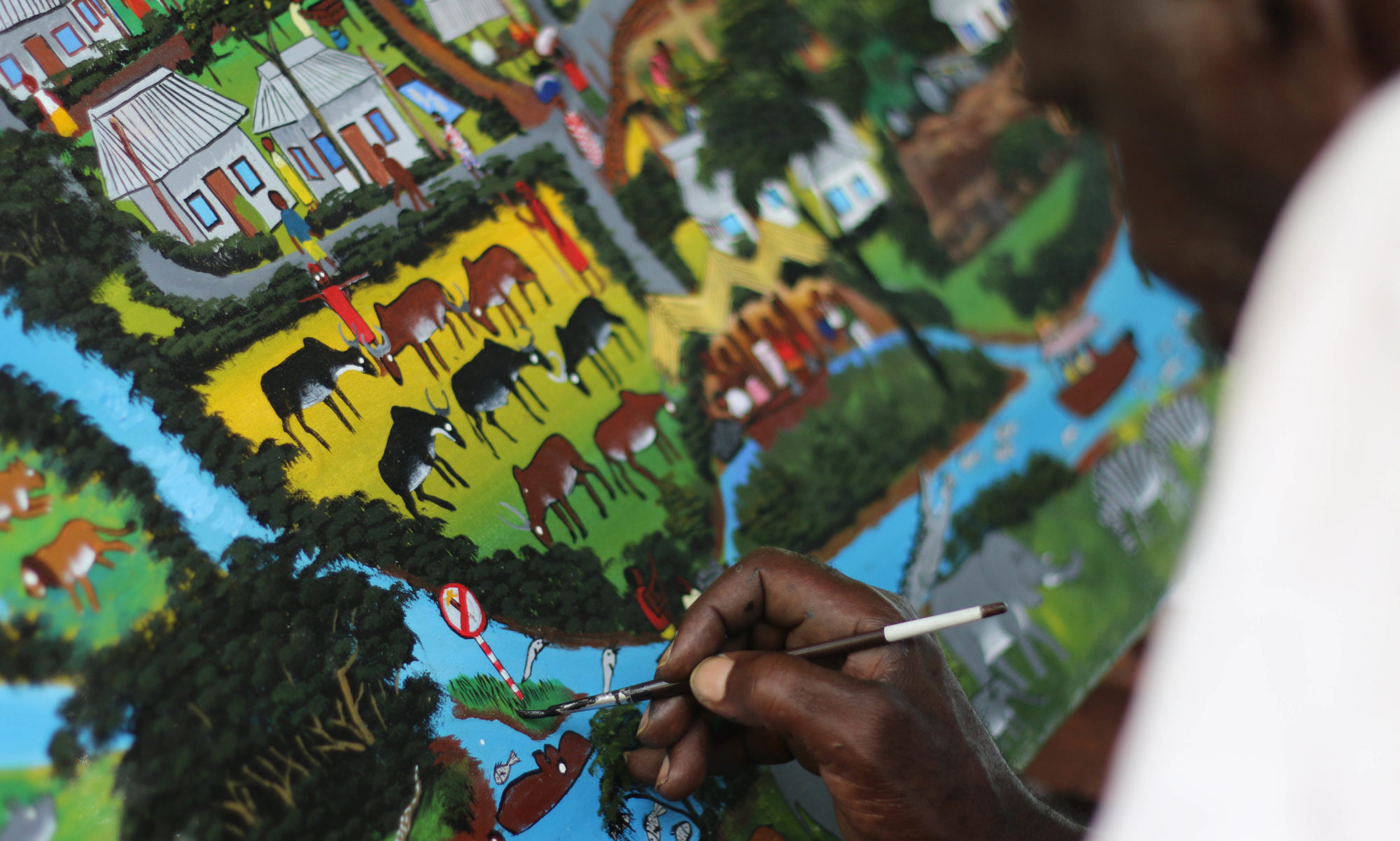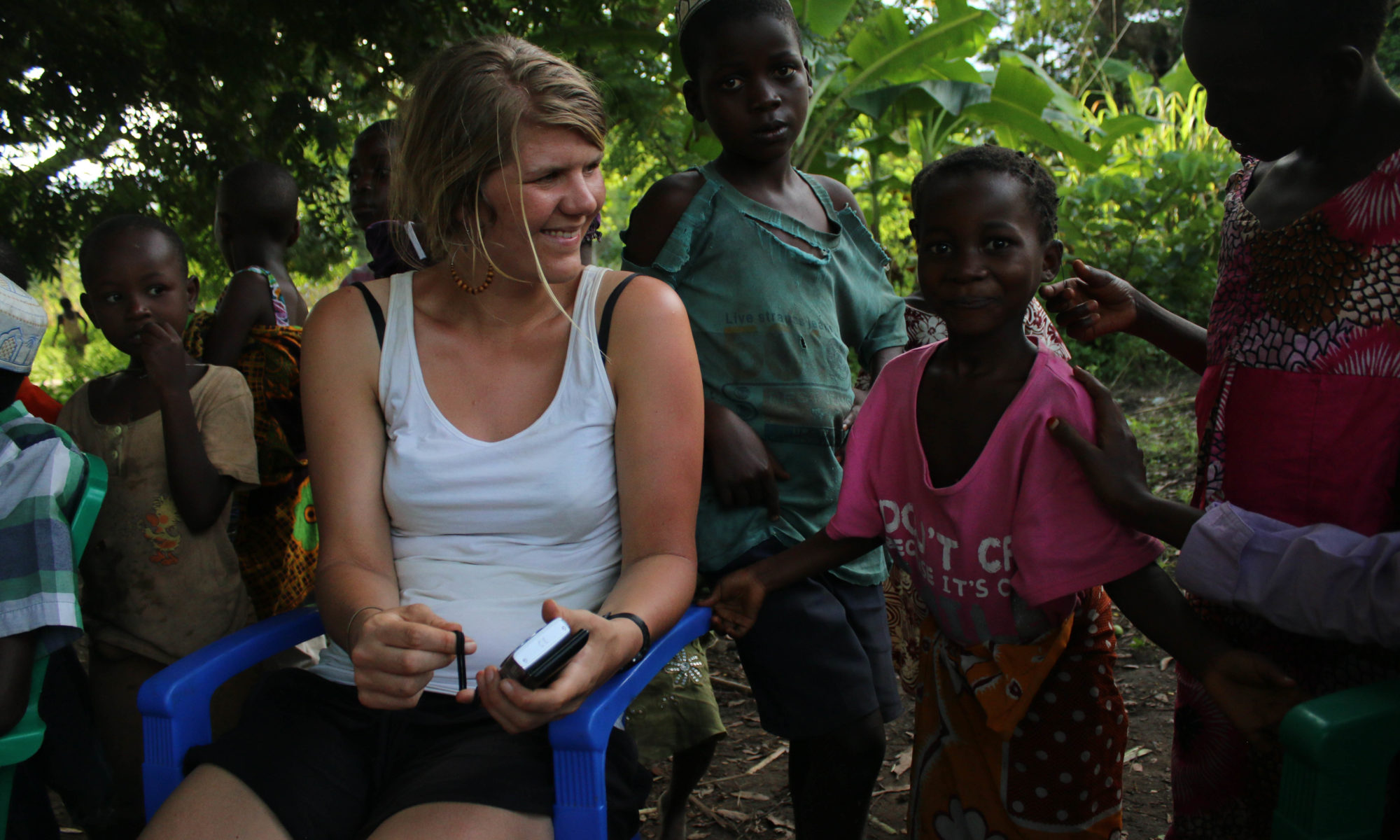I am a physical geographer and sustainability scientist, with an interest to develop interdisciplinary research approaches to understand complex sustainability challenges and social-environmental change.
I am currently working on a three year postdoc project entitled “Visualizing the future – charting pathways for sustainable development with participatory art and scenario thinking”, which is based at LUCSUS at Lund University, IFRO at Copenhagen University, and Sokoine University of Agriculture in Tanzania.
My main research interest is currently to develop a method called ‘Participatory Art’, which can be used for different sustainability and development contexts to understand past, present, and future social-environmental change. I like to apply mixed methods, informed by a deductive (bottom-up) knowledge production approach. The context of my research has mainly focussed on agriculture and agricultural development, both by understanding the phenomenon ‘land grabbing’ at various scales, and ideas about sustainable agriculture in the context of agroecology. I have research experience in the Global North (Sweden), but mainly in the Global South (Tanzania, Cambodia, Sierra Leone).
I am currently part of two other research projects funded by FORMAS:
NATURICE – Changing social and cultural values of nature: Exploring plural values of human-nature relationships in glacierized environments
This project brings biodiversity studies into conversation with climate change adaptation by using taxonomy of plural values in order to unpack changing human-nature relationships associated with glacier retreat. Three metaphors on human–nature relationships will be used: ‘gaining from nature’, ‘living for nature’, and ‘living in nature’. In the context of this frameworks, this project will provide a trans-regional multi-case study of sub-regions in Scandinavia and the Hindu Kush Himalaya (HKH), each occupying unique positions in the face of climate change in their glacial environments, with different levels of economic and social development, and with varying alternative livelihoods.
Carbon farming as a climate measure: a farmer perspective
Drawing on place-based, empirically grounded research, the overall aim of this research project is therefore to evaluate the potential of carbon farming to act as a climate measure, with focus on the farmer perspective. We thereby seek to address the gap in engagement with producer perspectives in soil carbon research. We will identify farmers’ incentives and barriers to engage in carbon farming, and how these may affect different groups of producers. Furthermore, we will assess potential synergies, trade-offs and tensions associated with carbon farming as a climate measure in relation to other social-environmental goals.

